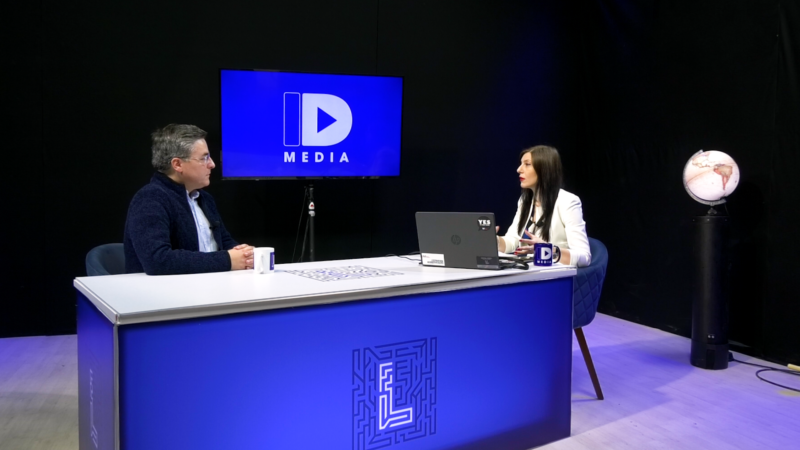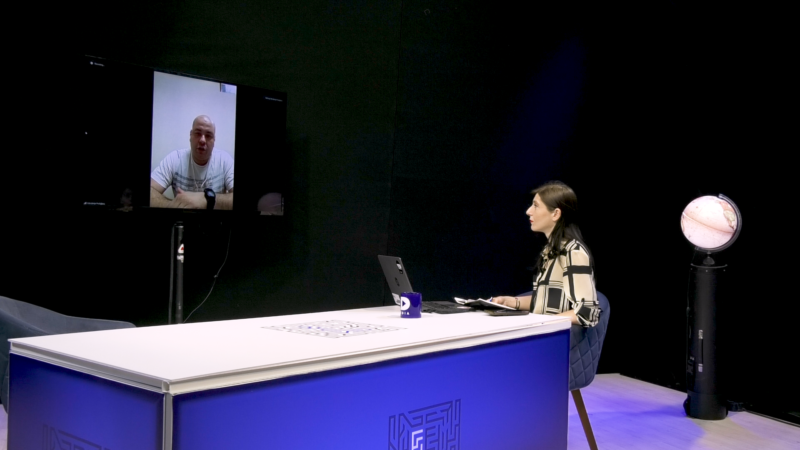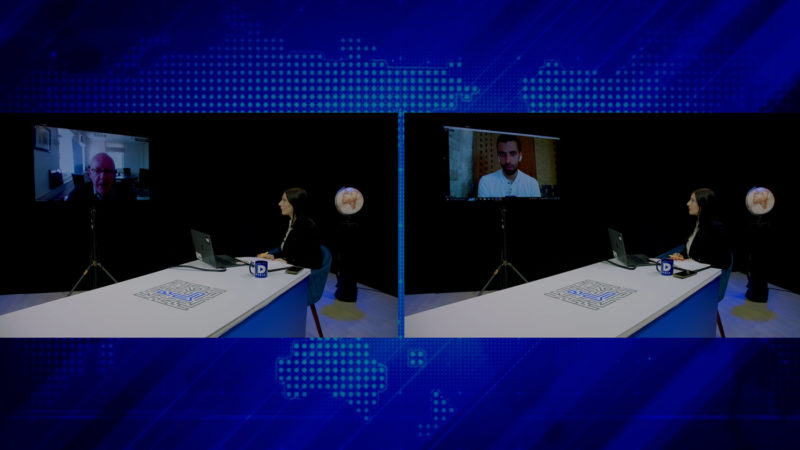Interview with the war reporter Jan Jessen
The guest in this edition of Labyrinth is the war reporter from Germany, Jan Jessen, who is constantly on the Ukraine-Middle East route. Jessen has just returned from Ukraine and says the exhaustion from the two-year war is already clearly visible. According to him, the lack of weapons is the reason why the Russians conquered Avdiivka. As for Navalny's death, Јessen interprets it as a message to the Russian people.
We also discussed the situation in the European Union and its attempts to reach a single position when it comes to military hotspots and the imposition of sanctions. This year there are also elections in the Union, and the President of the European Commission, Ursula von der Leyen, who comes from Germany, will run for a second term at the head of the Commission. Jan answers the question: Does von der Leyen have the support of the Germans and how they see the European elections.
You Might also like
-
Is the EU changing course on migration and enlargement policy?
Berlin Process – 10 years later
The leaders from the Western Balkans together with their European colleagues marked 10 years since the Berlin Process. In the past decade, not a single Balkan country has achieved its goal of becoming part of the European family. We talk with our colleague Aleksandar Metodijev about the future of the Union, the change in the course of migration and enlargement policy, as well as the role of Germany on the continent.
Watch the full episode.
Post Views: 927 -
The Profiling as a tool in the fight against modern crime
Forensic profiling is the key to uncovering unknown perpetrators of crimes worldwide.
Can profiling as a globally accepted tool in criminalistics help in the faster detection of unknown perpetrators and the clearing of numerous crimes in our region? Do we need formalization of profiling within police institutions and legal changes in order to implement these investigative techniques?
For profiling as a set of psychological-criminological techniques and its application in the region and the world, see in the n ew edition of Labyrinth.
The guest in the new edition of Labyrinth is * Popović, profiler, psychologist and expert in criminalistics.
Post Views: 860 -
Children in Gaza are dying of malnutrition - Humanitarians are literally giving their lives to help
Интервјуа со Високиот претставник на ОН за Газа, Џејми Голдрик и со претставник на Цевениот Крст во Рафа, Хишам Мхана





